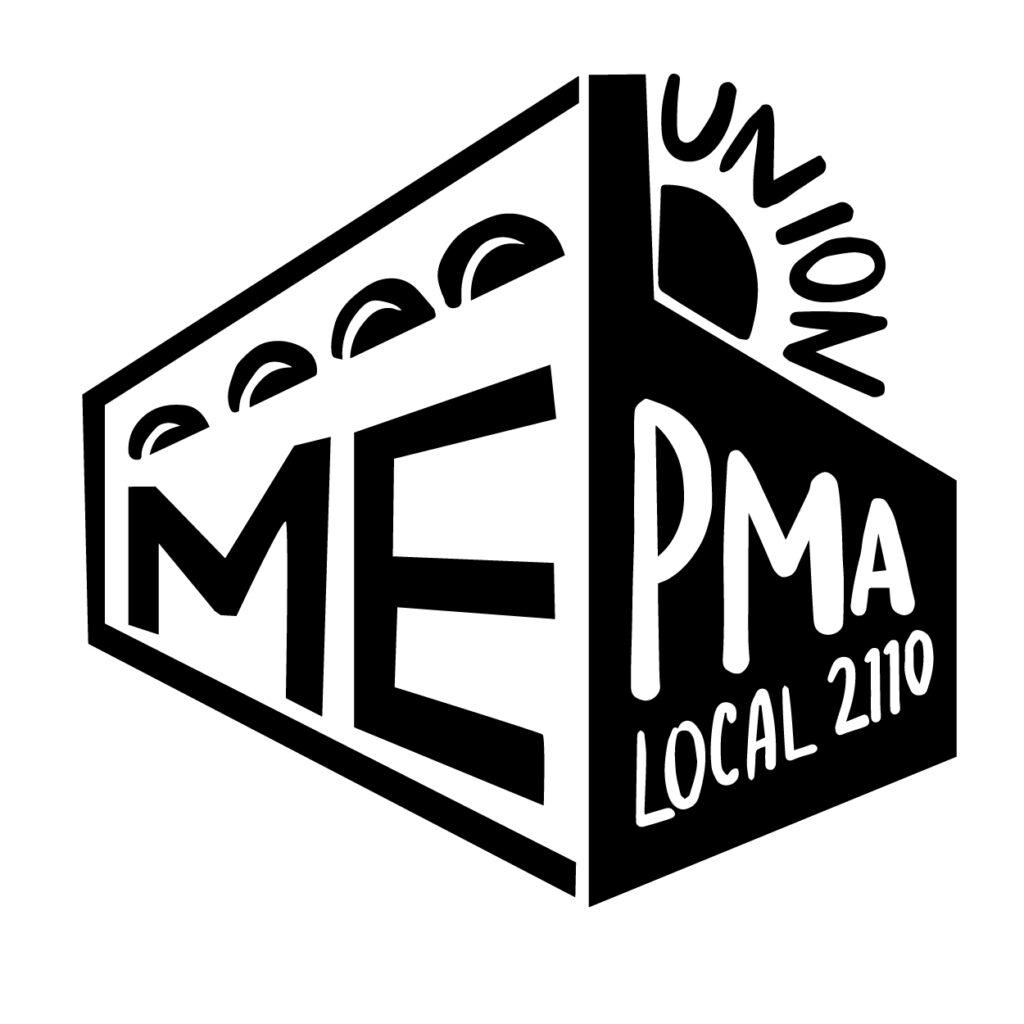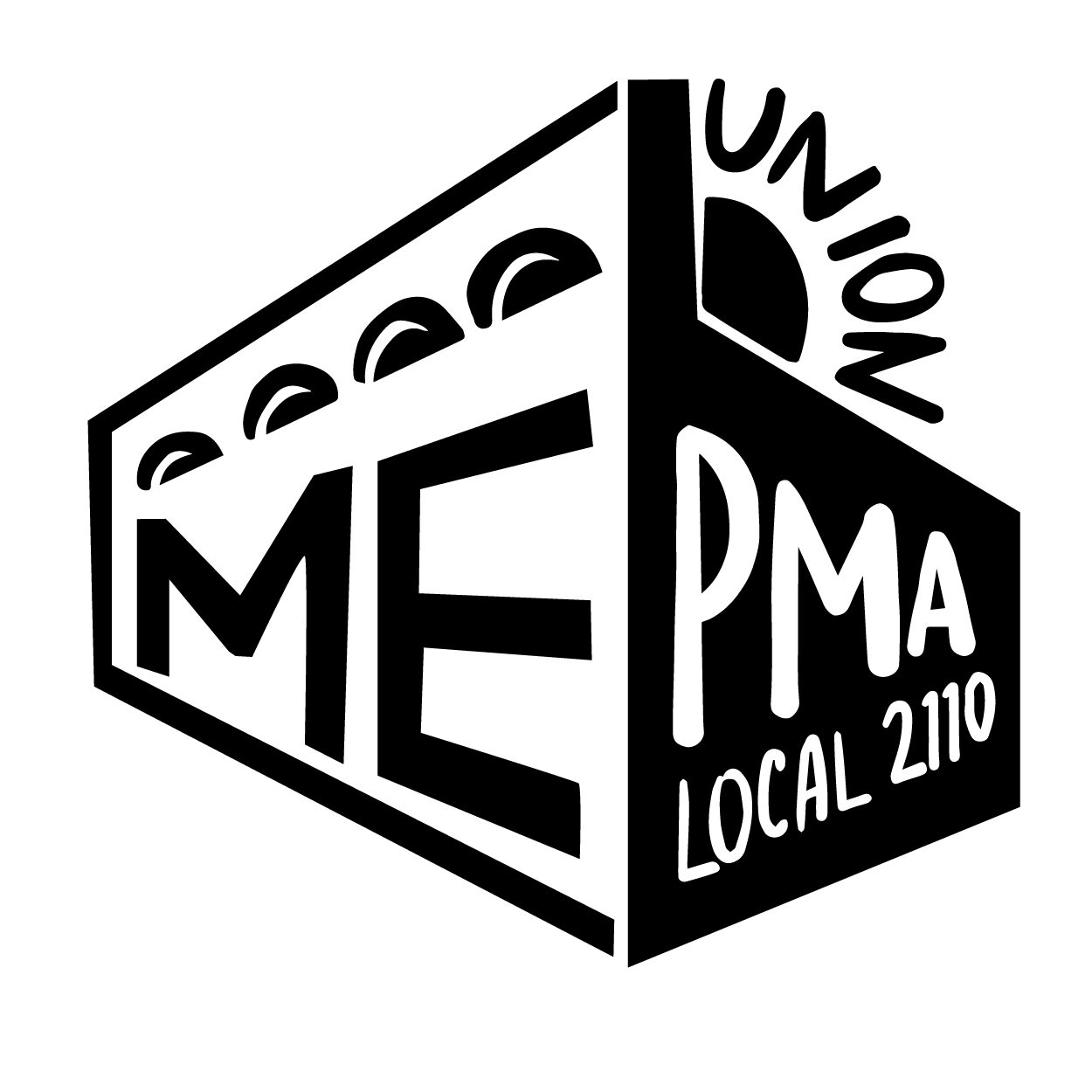The idea of unionizing our workforce emerged after the compensation survey was conducted in 2019. Many felt job descriptions didn’t match labor they performed and, therefore, felt they were routinely asked to work without appropriate compensation. Salary bands were tied to what many claim were inaccurate job descriptions. They were not consulted about whether their formal job description was accurate. Staff were told salaries were based off of “market rates” and compared to “comparable” institutions. This line of reasoning ignored cost-of-living and compared salaries within an imperfect system, ignorant of significant, consequential context. Furthermore, a pattern of concerning turnover had taken place, when three resignations happened in one week. Emails were sent informing that several coworkers had “parted ways” as departments were reorganized. The Equity Action Team seemed to be an established channel to address institutional issues. Unfortunately, many began to feel the space was unsafe to speak up in after additional employees left the PMA. Several events led to the decision to petition for a union, built from common threads found across departments.
There is a valid point of concern that those in support of unionizing want to clearly address: why wasn’t everyone involved before the filing? As some have said, union organizers did not want to put certain employees, those who work closely with leadership every day, in an uncomfortable position. Beyond that, there are stronger legal protections after filing that prevent employers from retaliating. Public accountability. The likelihood of indirect retaliation decreases when an institution is under the eyes of the community. History demonstrates that union organizing can put a worker’s job in jeopardy and, in the wake of a pattern of departures, nobody in support of unionizing wanted to find themselves in that position.
Another question recently emerged at an all-staff meeting: why UAW 2110? They have expertise, resources, and a history of effectively unionizing cultural institutions in the Northeast. Their employees are often museum professionals themselves. To even begin the union filing procedure required having a lawyer on hand, which UAW 2110 provided because they believed in our cause. We take seriously the challenges that lay ahead and we would not want to come unprepared when given a chance to improve the PMA. To those who initiated the organizing process, UAW 2110 was interpreted as the best in the field.
Cooperation is, ultimately, the number one goal. We are asking to level the playing field, while PMA leadership remains in the driver’s seat. We are asking to be able to raise our hand at an all-staff meeting without feeling discouraged or dismissed. We are asking for our job descriptions to match the labor we perform and to have the choice to take on more labor. None of these requests are incredible, but they have gone unheard. How else to put it: these are a handful of concerns that were shut down when brought up in conversations with management. Without legal protections, many didn’t speak up twice. Unionizing will guarantee that we will be comfortable, heard, and able to contribute to our fullest ability, so that we can practice the values that the Portland Museum of Art promotes: courage, equity, trust, service, and sustainability.
We believe the Portland Museum of Art will benefit from unionization because the staff is small in size: an environment where negotiation will take place with respect and compassion among those who share their days, those who share their art, and those who share their lives. Unity strengthens community. If PMA Leadership can trust their workers, this will have a lasting impact on generations to come. An impact that will be marked in PMA history, when a progressive move was made toward managers and workers coming together. The union is not outside of us; we are the union and, therefore, if we trust our coworkers to be responsible and reasonable, to aim for better working conditions together as a second family, always keeping the PMA’s mission in mind, then we can trust the union.

